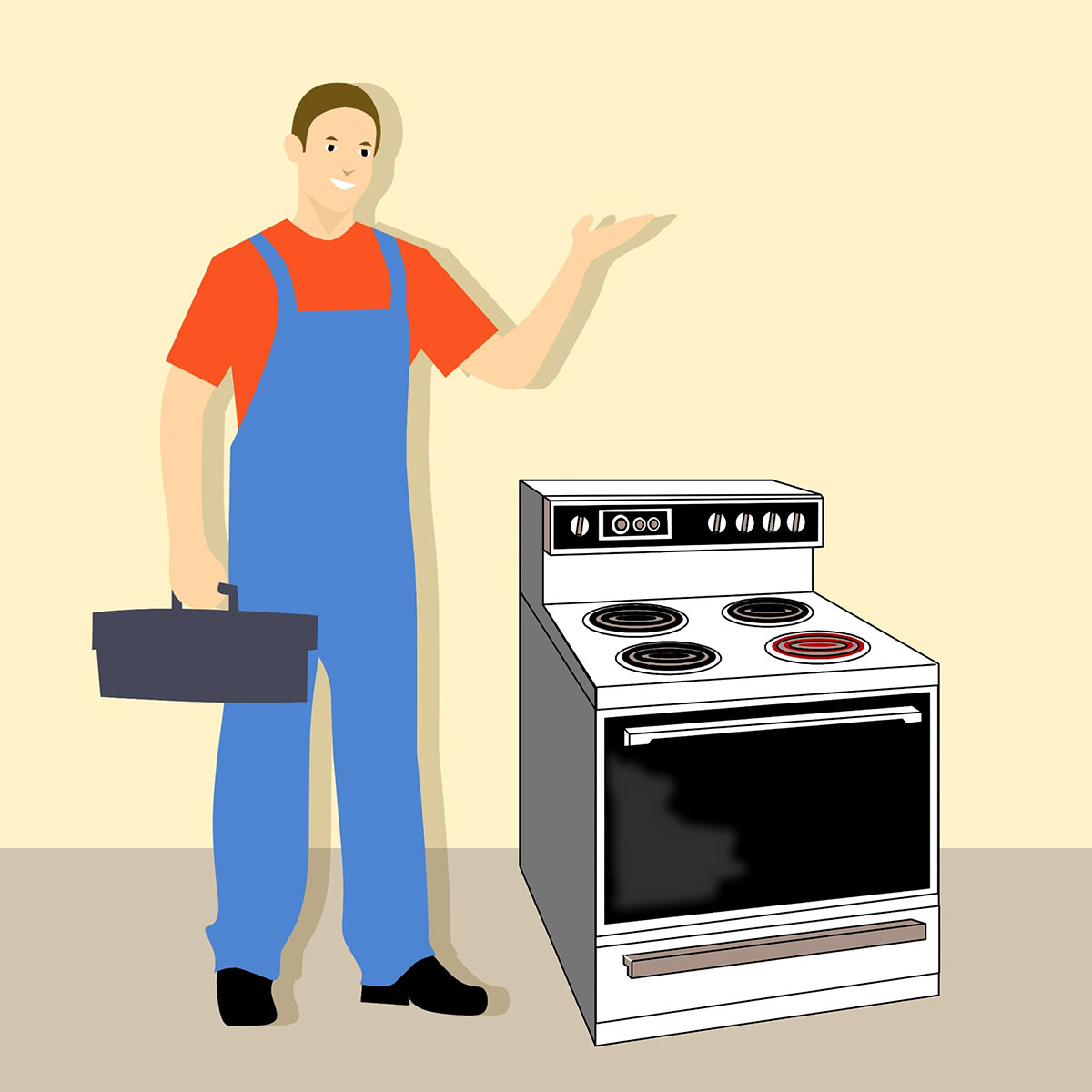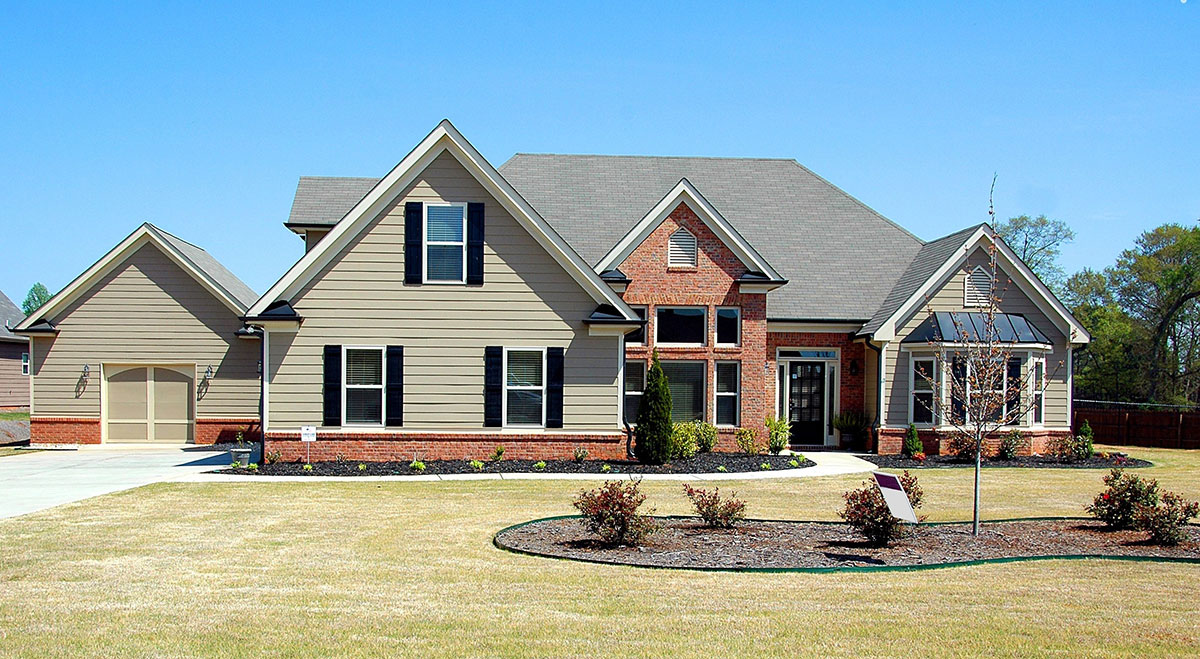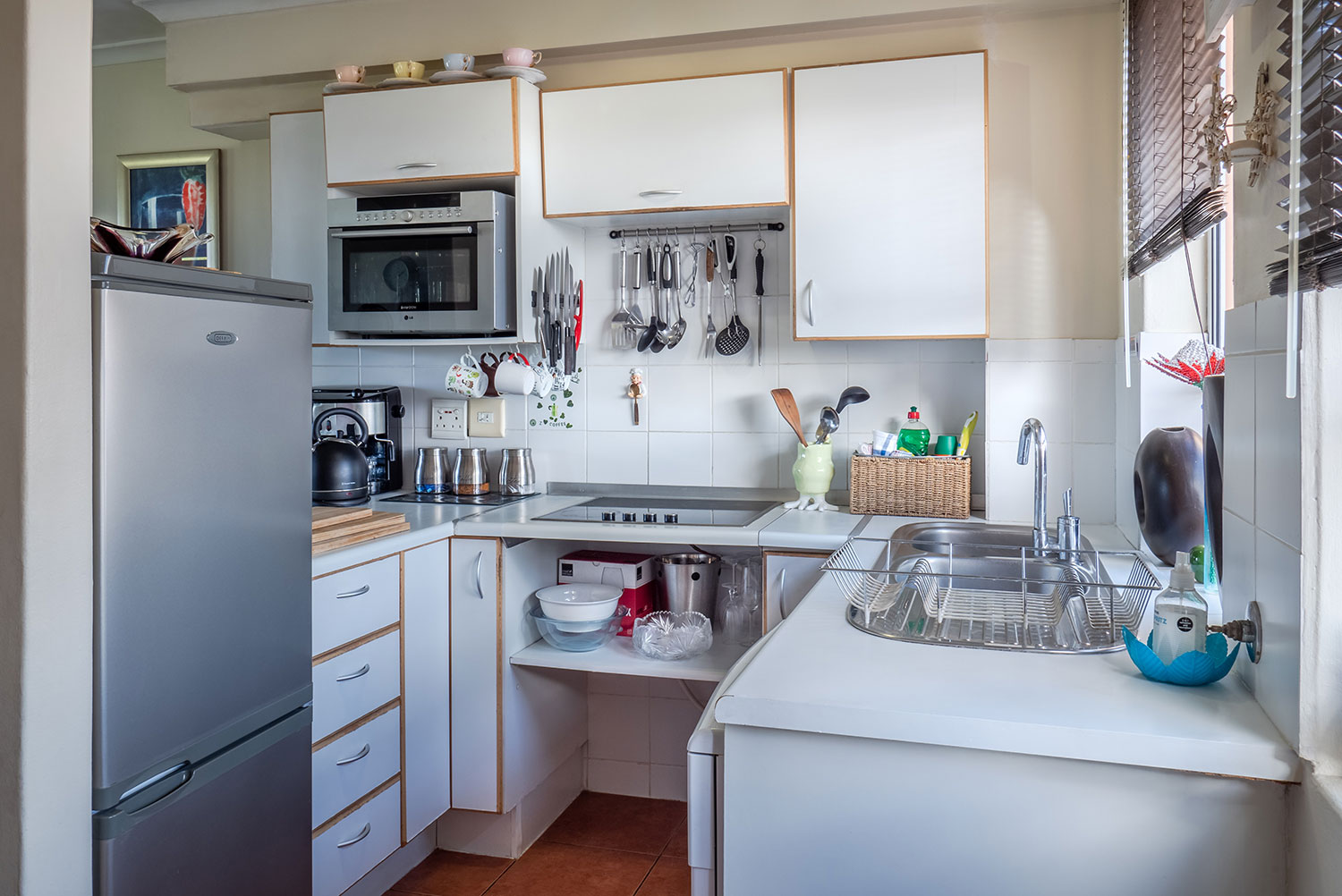Cost is a major consideration when deciding whether to purchase a home warranty. Many factors go into determining the final price of a home warranty policy. Understanding how these costs are calculated can help you choose the right warranty for your home.
Get A FREE Home Warranty Quote Now
9 Factors That Determine Home Warranty Costs
- Home Location
- Type of Home
- Size of House
- Age of Home
- Home Condition
- Scope of Coverage
- Deductible and Coverage Limit
- Plan Term
- Service Costs
A home warranty protects one of your most valuable assets. What does a home warranty cover? Unlike traditional homeowners insurance, a warranty protects your expensive appliances and systems beyond a standard manufacturer's warranty. Real estate agents will often encourage buyers to have the seller cover the cost of a home warranty when purchasing a home. However, homeowners may decide to extend this warranty or invest in a new warranty policy.
Home warranties can cost anywhere from $300-$600 per year and can even go as high as $1,700 per year for more comprehensive plans, but they can result in thousands of dollars of savings if a major system in your home needs repaired or replaced.
Factors That Determine Home Warranty Costs

When it comes to determining the exact cost of your home warranty, several different factors regarding your home and its location will come into play. Here are some of the things the home warranty provider will consider when determining your premium.
1. Home Location
One of the biggest factors in determining the home warranty price is location. Where your home is located influences how much the home warranty company can charge and the number of service providers available. For this reason, warranties for homes in the city are often cheaper than warranties for rural homes.
Additionally, the crime rate and typical weather conditions will also play a role in determining the cost of your home warranty. Homeowners with homes where crime is high or where there is often severe weather will find that they will pay more for a home warranty since their homes are at higher risk of getting damaged compared to homes in safer zones.
Some of the most expensive home warranties are found in Alaska and New York. Meanwhile, the most affordable home warranties are found in Washington, California, and Florida.
2. Type of Home
A home warranty policy is available for many types of homes. The most affordable home warranties are for condos and single-family homes. Homeowners can also get a home warranty plan for a rental property such as a duplex, triplex, and fourplex. Still, these are substantially more expensive due to the extra number of appliances and complex home systems. It’s important to remember that while these multi-family homes have a higher home warranty cost, this cost is often split amongst families or incorporated into a rental agreement with tenants.
3. Size of House
The larger your home, the higher the cost of your home warranty. This is for obvious reasons. For starters, your home systems will be more complex. Bigger houses mean more rooms (including bathrooms) that need water, heating, and cooling. The result is more complex HVAC, plumbing, and electrical systems to cover the entire home. There is a clear jump in the cost of home warranties once a home reaches 5,000 square feet.
4. Age of Home
Your home warranty’s cost will also be affected by the age of your home. Most appliances and systems will be covered under a manufacturer or builder warranty in newly constructed homes. Therefore, to have an effective home warranty, you’ll need to purchase a more complete home warranty plan with add-ons to cover the additional appliances and systems that do not have warranties.
Homeowners with an old house will also find that home warranties are a bit more expensive. The older the home, the higher the chance that a major system or appliance will need to be replaced. Therefore, the home warranty provider will charge more for the policy. However, these same companies often offer discounts on homes less than 10 years old, given that they are considered low-risk.
5. Home Condition

The more luxurious your home, the higher the cost of your home warranty. This is largely due to the more complex and top-of-the-line systems and appliances installed throughout your home.
However, it may surprise you to find that a cheap fixer-upper home may also have higher-than-average home warranty costs. This is because there is a greater risk that a major system or covered appliance in an old house will need to be replaced during the warranty term, given they have been properly maintained.
6. Scope of Coverage
Despite all these factors, what coverage is included in your home warranty plan will heavily influence its cost. Many home warranty companies offer a variety of coverage options. However, we can often break these options into three types of plans: home appliance plans, systems plans, and combo plans.
Appliances Plan
Appliances plans are the most basic home warranty plans and are just like they sound, covering various kitchen appliances and home appliances. Covered appliances typically included in a home warranty include:
- Dishwasher
- Garbage disposal
- Oven, range, or cooktop
- Refrigerator (ice maker may be excluded)
- Built-in microwave
- Washing machine and/or dryer
- Garage door opener
Systems Plan
Mid-range plans typically cover the various systems in your home. A home warranty plan often includes the following covered items:
- Heating system and furnace
- Air conditioning system
- Water heater
- Plumbing
- Electrical system
Enhanced Combo Plan
The combo plans simply combine appliance plans and systems plans. However, these enhanced plans often come at a premium due to their comprehensive coverage. Even still, they may not include all the systems and appliances you want to cover. For this extra coverage, most home warranty companies offer add-ons.
Add-Ons
These additional options allow you to customize your home warranty coverage to meet your exact needs. While the available add-ons will vary by company, you will often find additional coverage for the following:
- Pool equipment
- Pool pumps
- Spas
- Large secondary appliances
- Landscaping drip systems
- Septic systems
- Roof leaks
- Guest houses
Remember that to be eligible for coverage, your system must be properly maintained.
7. Plan Term and Coverage Limit
The most common type of home warranty plan provides coverage for one year. Rty companies will provide extended coverage at a discount. Otherwise, you can repurchase the plan after your coverage expires. You may also be able to get a long-term plan (up to 10 years). These long-term plans have significantly lower premiums, but you are locked into paying for coverage throughout the entire term. Keep in mind that long-term plans are often reserved for newer constructed homes.
Annual versus Monthly Payments
Many home warranties require premiums to be paid as monthly payments. This means that you’ll have, on average, a $30-60 monthly premium. However, some companies will offer you an annual option, where you pay the entire premium up-front. If you have this option, you’ll often realize cost savings. But double-check the math, as sometimes these savings can be minimal (around $30 annually).
Coverage Caps
A coverage cap is the maximum amount a home warranty company will pay during the warranty period. Often, these coverage caps are on an item-by-item basis and range from $500 to $3,000. The higher your coverage caps, the more you will pay for your home warranty.
9. Service Costs
In addition to the cost of your home warranty premium, you also must consider the service cost you’ll have to pay out-of-pocket. This service cost is similar to the deductible you would pay with your homeowners' insurance. Every time you file a claim or have a technician visit your home to evaluate, repair, or replace a covered appliance or home system, you’ll need to pay this service cost. The service cost varies by plan but ranges from $60 to $150 every time a technician visits your home.
Warranties that do not require a service cost or have a low service cost will be more expensive than those with a higher service cost. These service costs may also be called a service fee or a service call fee.
What Are the Average Savings with a Home Warranty?

Home warranties are intended to ease homeowners' financial burden when a major appliance breaks. Most basic home warranties cover your HVAC systems and hot water tank, while enhanced plans may include septic systems, swimming pools, and more. To understand what kind of savings you can realize with a home warranty, you need to know how much it costs to repair or replace these systems.
| Repair Cost | Replacement Cost | |
| Furnace | $100-$1,200 | $2,600-$6,300 |
| Central Air | $100-$600 | $3,800-$7,500 |
| HVAC Unit | $100-$600 | $5,000-$10,000 |
| Septic System | $200-$6,000 | $6,300-$18,700 |
| Roof | $150-$7,000 | $5,000-$11,000 |
These major expenses can be difficult to manage if replacing them is unexpected. If you invest in a home warranty for an average of $500 per year and any of these items starts acting up, you can save thousands of dollars in repair and replacement bills.
Is a Home Warranty Worth the Cost?
Is a home warranty worth it? That’s one of the biggest questions homeowners have when it comes to home warranties. Any search online will show you that this is a heated debate among homeowners. The reality is that whether a home warranty is worth the cost will vary on a case-by-case basis.
A home warranty may be worth the cost for the following types of homeowners:
- First-time homebuyer
- Homeowners with an older home
- Homeowners with older appliances
- Someone who is not handy and doesn’t like DIY home repair
- Older homeowners who don’t want to deal with repairs
- Homeowners who can comfortably invest in the premium even if no claim is filed
On the other hand, you may struggle to justify the cost of a home warranty if any of the following are true:
- Homeowners purchased a newly constructed home still under the builder’s warranty
- Appliances have been recently replaced and still have a manufacturer warranty
- Home systems and appliances have been poorly maintained and won’t qualify for coverage
- You have a tight budget and are not in the position to pay the premium comfortably
- You enjoy home maintenance and repair projects
The entire concept of purchasing a home warranty is to give you peace of mind without the stress of worrying about a major appliance breaking down. But, in the end, it boils down to luck. It could very well be that you pay for a home warranty and all of your systems continue working as they are supposed to and the money spent is lost. Or, it could be that you pay for a warranty, your HVAC system gives up on you, and your warranty covers the replacement cost, saving you thousands of dollars.
Choose the Right Home Warranty Company for You
If you decide that a home warranty policy is right for you, be sure to work with a company with a good reputation.
Some of the best home warranty companies are:
- American Home Shield
- Choice Home Warranty
- First Premier Home Warranty
- Cinch Home Services
- Select Home Warranty
- AFC Home Club
- Liberty Home Guard
- First American Home Warranty
- ARW Home
As with all other kinds of insurance, be sure to shop around to ensure you get the best coverage and price possible, and always read the service contract to better understand what is and is not included with your policy.






